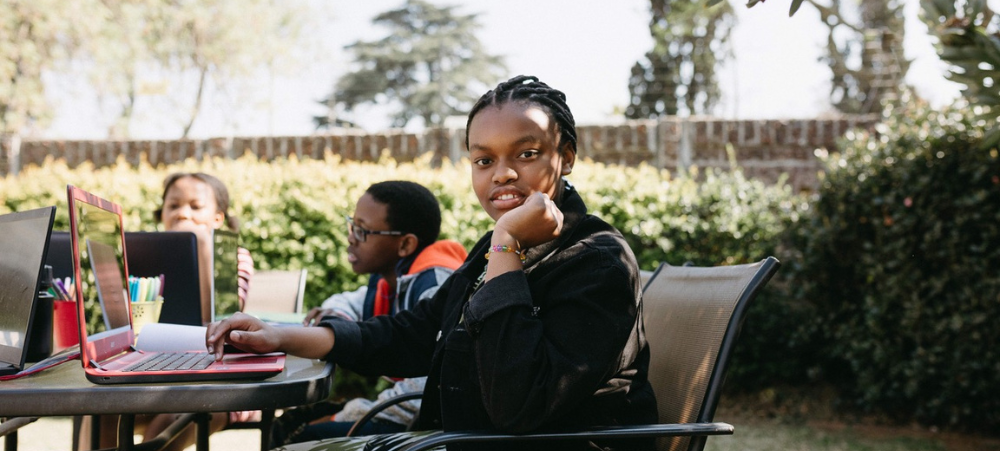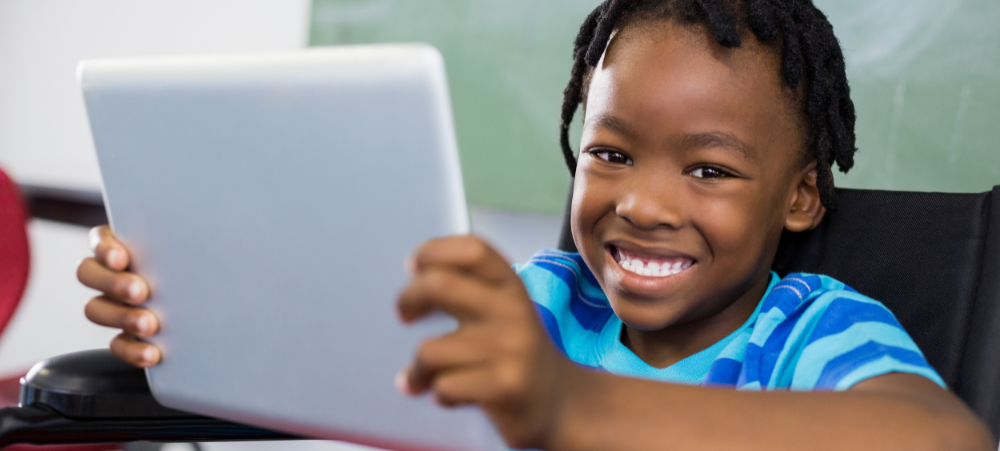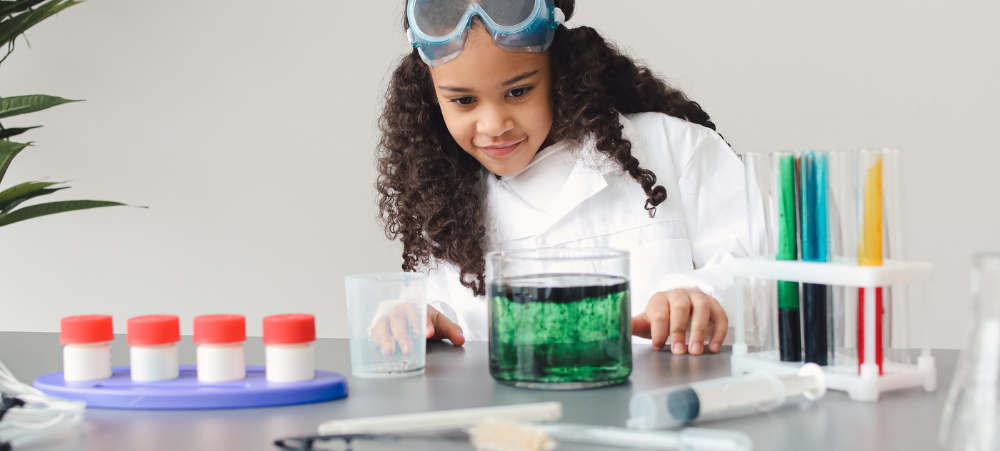 As a fellow school principal, I feel that it is important to join the ongoing conversation about the state of online schooling in South Africa. Recently, there’s been a series of investigative articles about one school in particular, but there has also been widespread coverage about a principals’ report which issued a stark, sweeping warning that home/online schooling sets children back in their educational milestones.
As a fellow school principal, I feel that it is important to join the ongoing conversation about the state of online schooling in South Africa. Recently, there’s been a series of investigative articles about one school in particular, but there has also been widespread coverage about a principals’ report which issued a stark, sweeping warning that home/online schooling sets children back in their educational milestones.
In a country where education is highly prized, this is an important topic, and it deserves further exploration from multiple perspectives. Globally, the landscape of education has significantly changed with the opening up of the limitless digital realm. Online study has become a phenomenal force with many millions of people across the world engaged in school, tertiary, on-the-job and lifelong learning in a multitude of digital spaces.
Online education is undeniably a powerful tool for us moving towards the democratisation of education. It offers unparalleled access to a wider range of learning experiences and provides another option for South African educational leaders in our mandate to educate our young people effectively. So how should we evaluate the academic outcomes of several specific online schools this year which have been, to put it frankly, disastrous? What does this mean for online schooling as a whole?
The immense growth of online learning was already in play long before the COVID-19 pandemic. Extended lockdowns did play a role in accelerating the uptake of online schooling, and new online schools have emerged in South Africa to meet that demand. Just like traditional schools, online schools are not all the same. Core values, academic rigour, educational philosophy, the delivery of education and the provision of a healthy school environment varies across schools in general.
It is not credible to state that South African children attending online schools or those doing home schooling will academically fall behind their peers at traditional schools. We all know well that there is no one standard of education quality across South Africa’s range of traditional schools, and the same is true for the country’s online schools.
There is no doubt that amongst online schools, there are those that do not have sustainable models and don’t take responsibility for delivering quality education. There are those that have dragged the traditional school model onto a digital platform and called that an online school. There are also those who have prioritised business growth over educational philosophy and academic standards, and these online schools are now struggling. But this is far from characteristic of all South African online schools. In fact, this can be viewed as analogous to the failings of some traditional schools when it comes to academic standards, school leadership, teacher to student ratios and the provision of safe environments conducive to learning.
Just as South Africa does have fantastic examples of traditional schools delivering quality education, there too are online schools which are getting it right according to online pedagogy and best practice models. At Koa Academy, we monitor and evaluate our students from when they start at Koa, and throughout their school year. We engage in benchmarking assessments as part of our accreditation with the IEB (Independent Examinations Board). We have had students that started at Koa with learning deficits due to pandemic disruptions who have caught up and moved forward at their proper Grade-level. In fact, learners in the Senior Phase who have been at Koa for more than a year are achieving significantly higher Maths scores on average than learners who have only recently joined us from other schools. This year, Koa Academy has notched up a 97% progression rate, and we’ve seen a 13% increase in Maths marks over 2021.
Accountability is the key. Our students are organised into 8-person Pods with their dedicated Pod Teacher. There is daily contact time in small groups, enabling us to maintain rigorous standards. At Koa, everyone is seen and everyone is heard. I hear horror stories about learners at some online schools being in virtual classes of 40, 80 even 350 learners! Parents need to keep this front and centre when considering their online schooling options. At Koa, we believe that effective online engagement happens best in even smaller groups than in person. That’s why we capped our Pods at 8. While the students still have broader community moments such as school Assemblies and Clubs, they are consistently kept accountable in those small Pod sessions every single day. We knew from the start that our Pods of 8 would actually slow our growth rate, but we have made it a non-negotiable for Koa because of how highly we value accountability in education.
Not every child will thrive in a good online school, just like it’s not the case that every child thrives in a good traditional school. The presence of online schools in South Africa gives parents more choice when it comes to finding the best educational solution for their unique child. It’s important for parents to think about what kind of education they want for their children in our fast-changing world. They need to understand the values, the educational philosophy and assessment strategy of the school, and make sure that the school they choose matches their family values and aspirations for their child’s education. A school should be able to articulate to parents the reasons why their academic programme is robust.
Over the coming years, we will see the continued growth in online learning in South Africa, and the world. Current online schools with deficient models and without academic rigour and accountability will not survive, while strong and sustainable online schools will thrive. The country’s educational landscape will change, offering families greater choice and evermore individualised learning options. We hope that this will also include significant shifts in educational legislation and effective regulation of the online schooling space. Within this landscape, it’s imperative for physical and online educational institutions to work side by side to increase access to quality education for young South Africans.
- What Are Parents Really Hoping For in Their Child’s Education? - December 2, 2025
- Alumni Spotlight: Tamisha Sinan, Class of 2024: Thriving After Koa Academy: Real-World Skills in Action - November 13, 2025
- Can You Really Make Real Friends Without a Physical Classroom? - October 2, 2025





